When you’re a writer you tend to pay attention not just to words but the way people say them, and unless you’re some kind of filthy, futile
prescriptivist you also should have a fascination with the way that such things evolve over time. Don’t get me wrong,
Strunk and White have their place in terms of setting up some common protocols for communication, but outside of formal settings I think it’s an enormous mistake to get hung up on split infinitives and sentence-ending prepositions so long as the meaning remains clear. Writers can certainly benefit from editing, but they also need room to play. And use fragments. Sometimes.
However, back to the subject of verbal evolution, of which one of my favorite examples is the English farewell term of “
bye.” The meaning has not changed but the original form was “God be with ye,” which then eventually contracted to “God bye ye,” then “Godb(w)ye,” then our modern “goodbye,” and finally down to the monosyllable noted above.
Similar to this, in Spanish there is still the phrase “vaya con Dios” (literally translated as “[you] go with God”) but that’s a mouthful and “adiós” is much more common. Some argue that the latter has never had anything to do with deities but considering the very similar French “adieu” and that the original Latin for “to God” or “by God” would have been “ad deus,” I don’t buy it.
In any case, were I to try to invent my own language I would no doubt fail drastically, but it would be hard to go wrong by having my informal farewell be short, to the point, and either referencing or deriving from a reference to deity or some form of “until we meet again.” The latter is what “hasta luego” and “auf wiedersehen” basically translate to, in case you were wondering.
This sort of “phrase archaeology” is a really good thing to practice if you’re coming up with slang, though. Spoken language is where evolution of language take place first, and in general spoken language likes to simplify for efficiency’s sake. Today’s slang then becomes tomorrow’s prescription.
More on this topic next week.












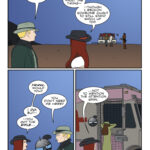




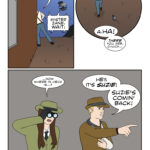

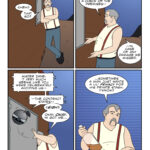

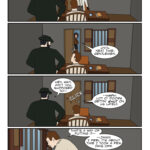


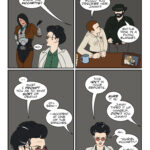
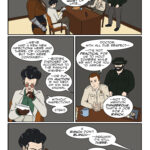
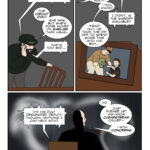
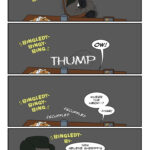
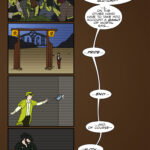


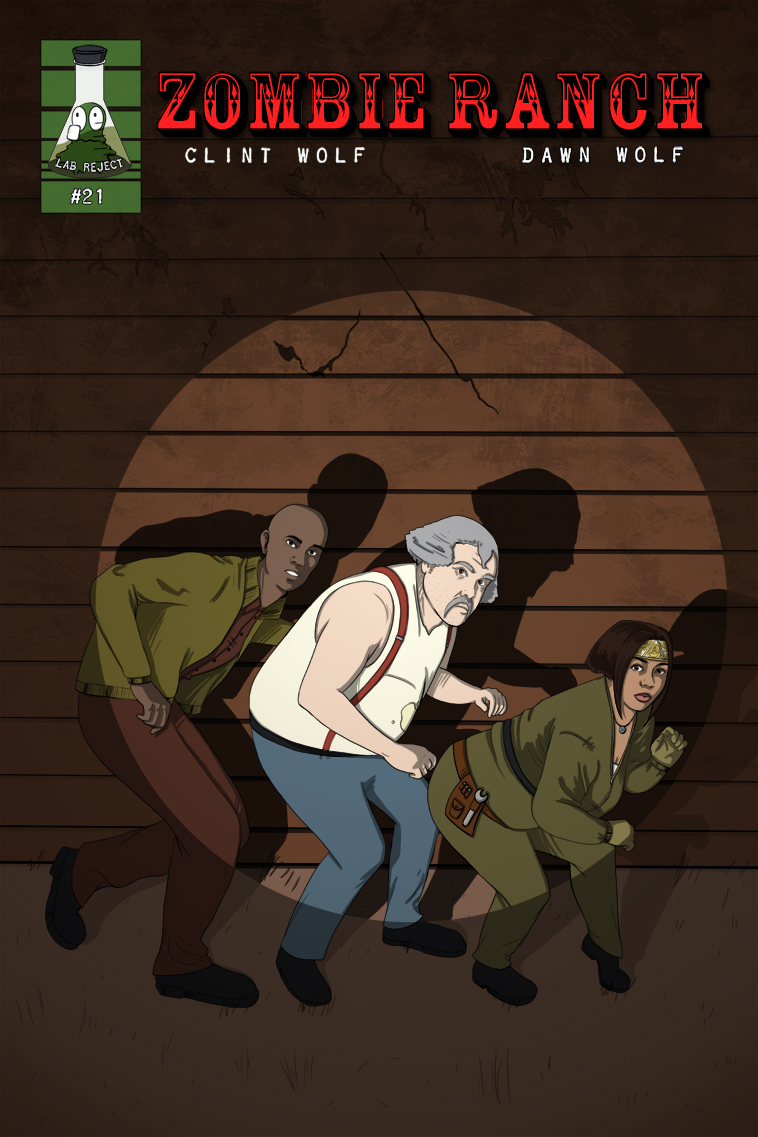
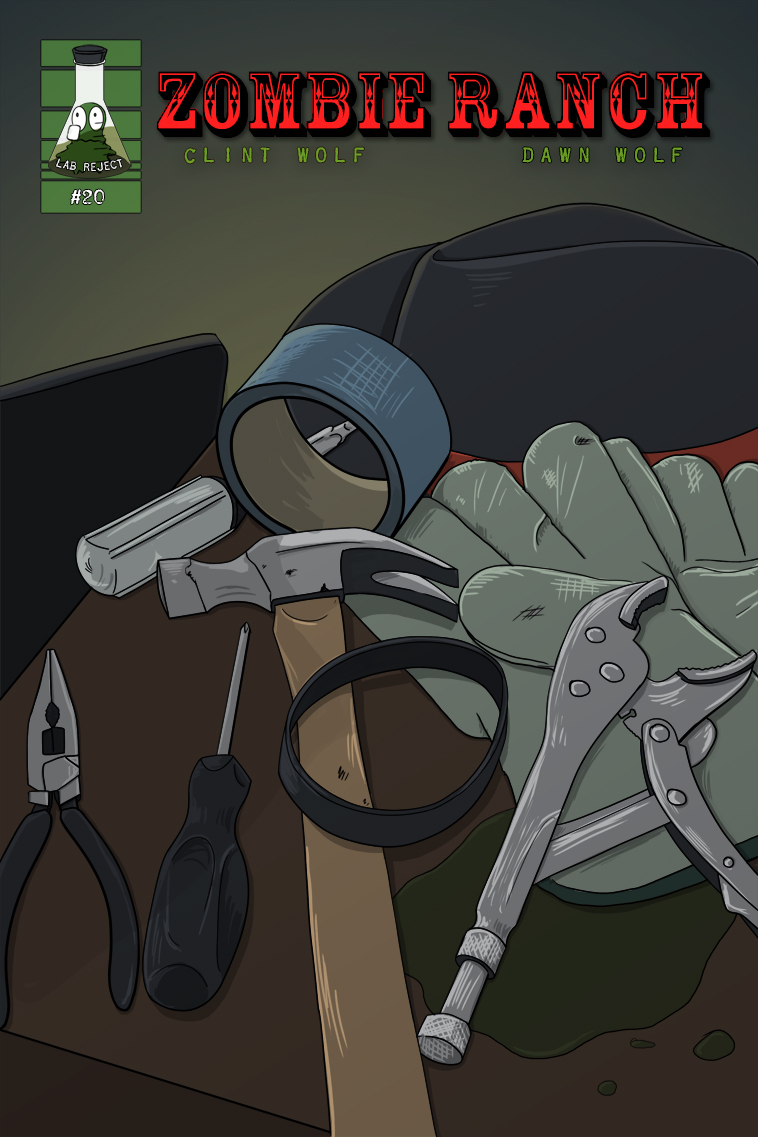
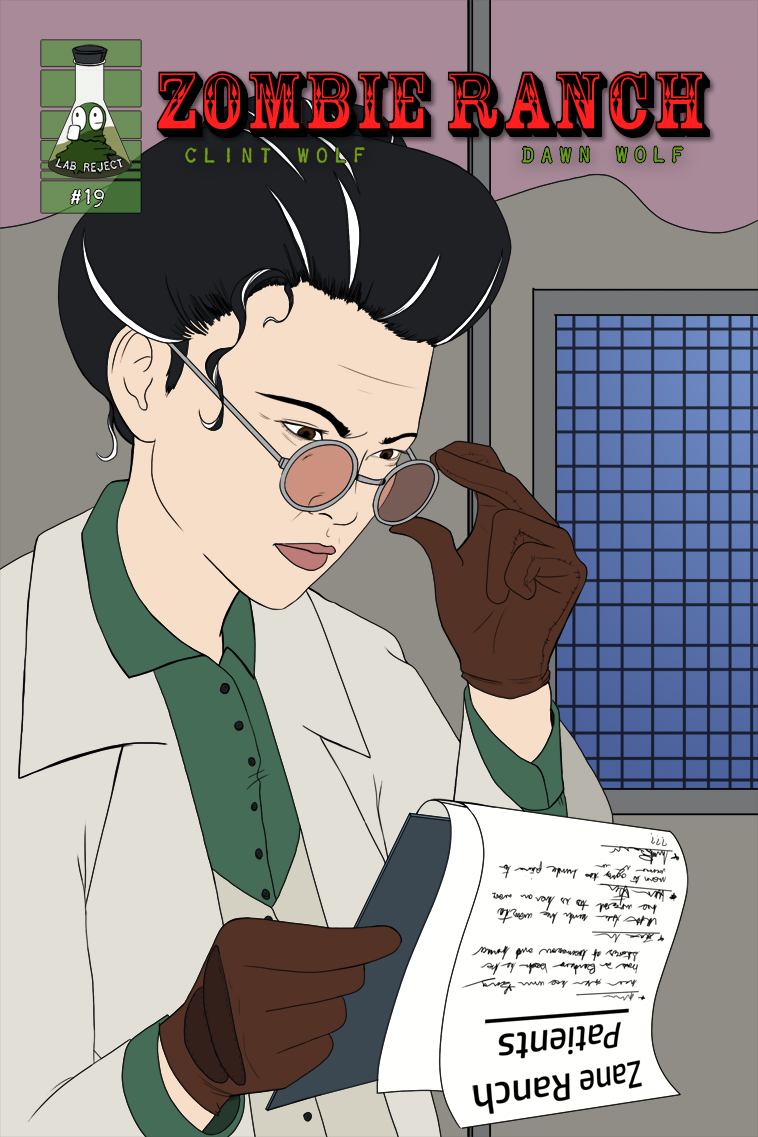
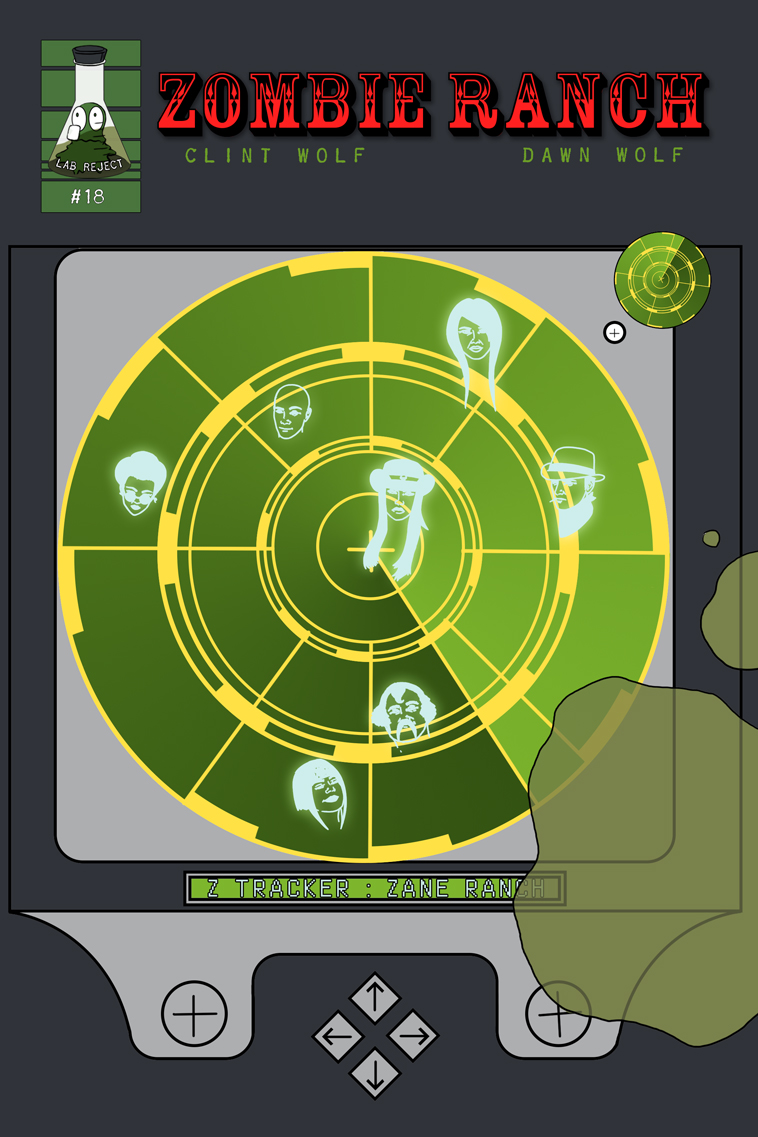
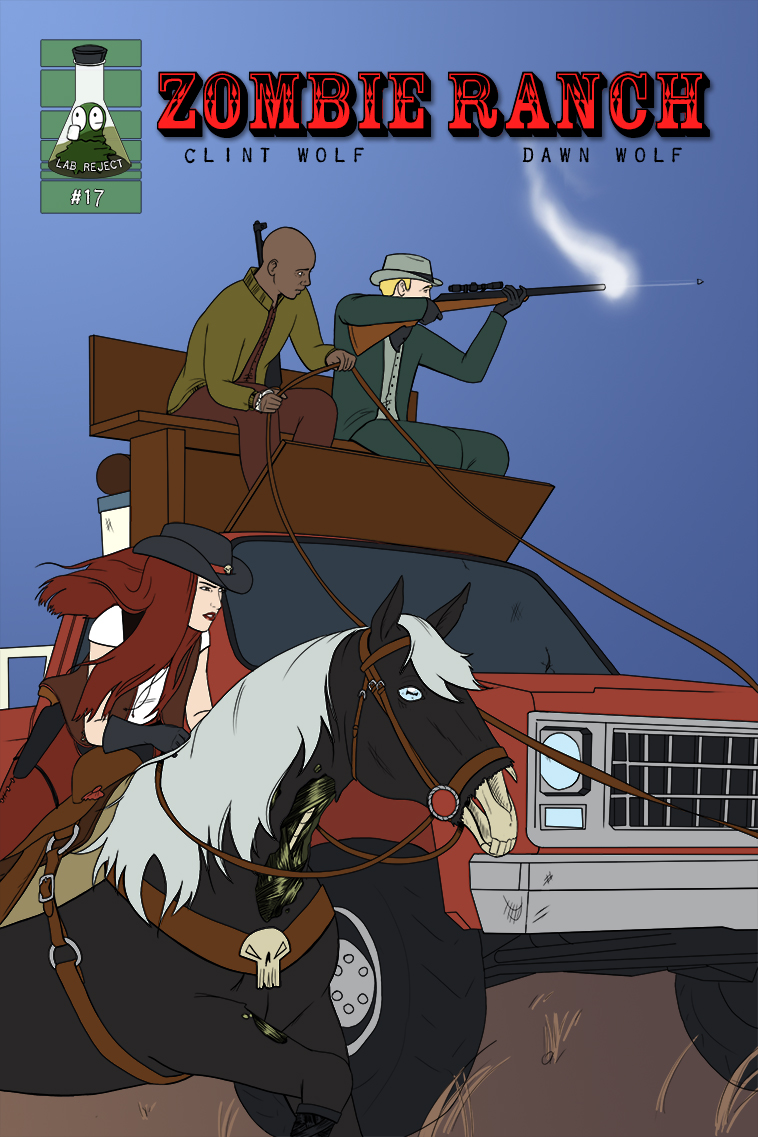
One thought on “544 – Hanker For A Hunker”
Dr. Norman (not a real doctor)
That feels like my life with my eyes these days …
“These goggles don’t got no magnification on ’em”